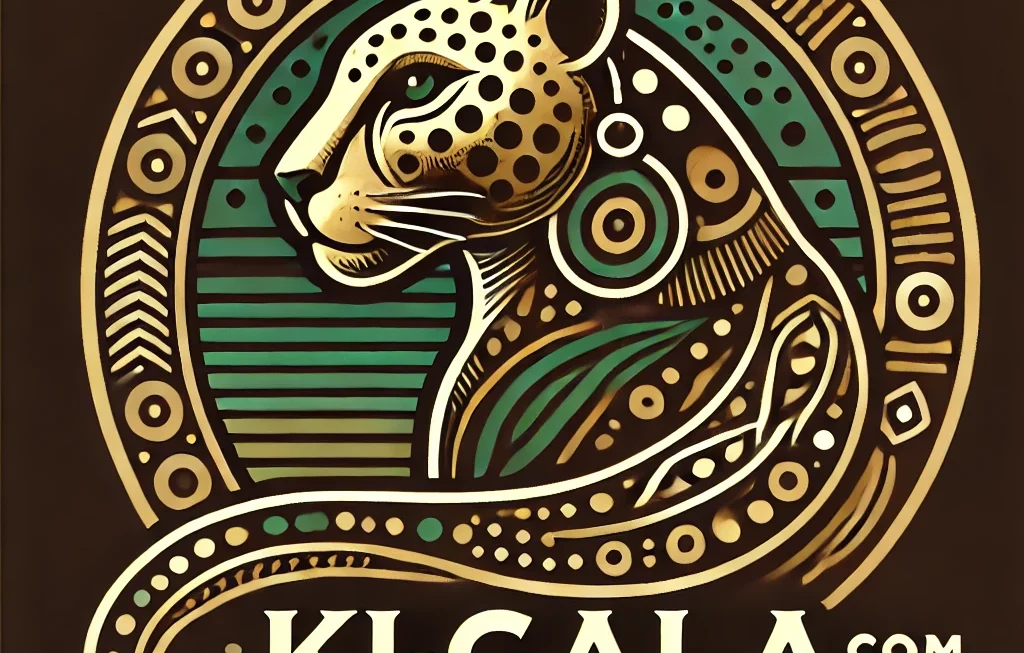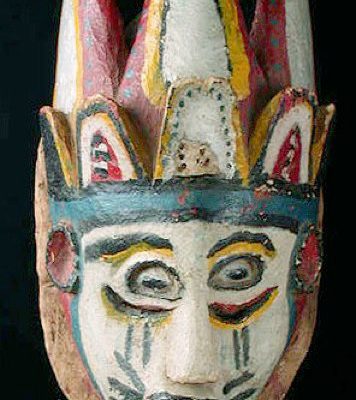Distinguishing between the interpretations and classes of three Igala words, synonyms and more.
Metalanguage: The Building Blocks of Igala Language
Like a house, the Igala language is made up of building-blocks, essential components, without which a mother-tongue has no tangible form.
Igala Literacy: Harnessing the Power of Metalanguage
The advancement of Igala literacy hinges on uncovering the hidden attributes of language—insights that only metalanguage can reveal and analyze.”
The advancement of Igala literacy hinges on uncovering the hidden attributes of language—insights that only metalanguage can reveal and analyze.”
The advancement of Igala literacy hinges on uncovering the hidden attributes of language—insights that only metalanguage can reveal and analyze.”
The advancement of Igala literacy hinges on uncovering the hidden attributes of language—insights that only metalanguage can reveal and analyze.”
The advancement of Igala literacy hinges on uncovering the hidden attributes of language—insights that only metalanguage can reveal and analyze.”
The advancement of Igala literacy hinges on uncovering the hidden attributes of language – insights that only metalanguage can reveal and analyze.
ONE WORD (EBI) MANY MEANINGS
In Igala language, like in many other languages, one word can produce diverse meanings, depending on the different tones used to articulate it. Some of these words are often categorized as homonyms and heteronyms. Let’s explore what they mean and look at some examples, using the unmarked word of the day: EBI. The unmarked form, ‘ebi’ is meaningless; but when it is pronounced with varied tone combinations, its meanings emerge naturally. 1. Homonym: ÈBI A […]
Euphemism: A Catalyst for Polite Expression in Igala language and Culture
In any vibrant Igala speech community, euphemisms serve as the spices that give unique flavour to the language. A euphemism, simply put, is a gentle or indirect word or phrase is used to express a sensitive or an unsavoury idea. But, in Igala speech, euphemisms are more than just polite language – they represent finesse, creativity and a deep understanding of the human experience. Euphemisms, in Igala thought, go beyond linguistic embellishments on the surface, […]





